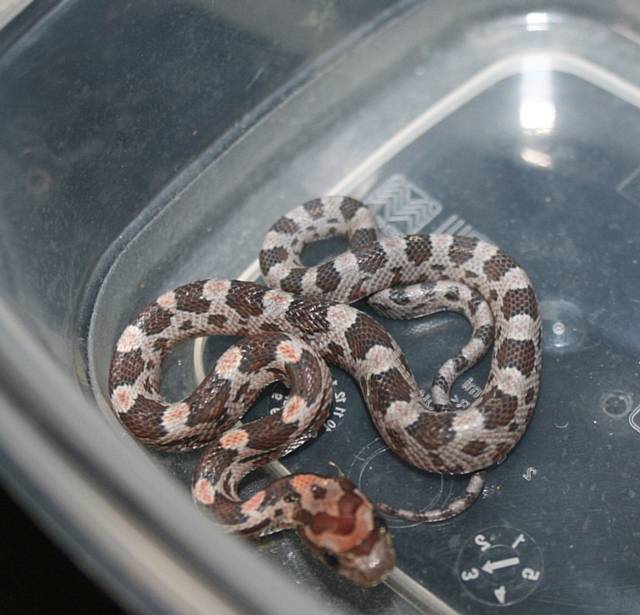Should keeping reptiles and amphibians as pets be restricted?
Date published: 28 October 2017

Snake
Keeping exotic pets, such as reptiles and amphibians, has become increasingly popular, but concerns over public health and safety, animal welfare and conservation have sparked debate.
Several articles published by Veterinary Record today analyse arguments for and against the growing trade in - and keeping of - reptiles and amphibians.
A team led by Dr Frank Pasmans and Dr Tom Hellebuyck of Ghent University, say that with the right information and care, keeping reptiles and amphibians presents no more of a burden on public health or animal welfare than keeping more traditional pets.
They review issues such as disease transmission to humans, welfare problems associated with poor care, and the ecological implications of trading wild animals.
They acknowledge that “inappropriate management and nutrition by inexperienced keepers remains a concern,” but they do not believe that keeping reptiles and amphibians presents a disproportionate burden on public health or animal welfare compared to that posed by the keeping of other companion animals.
“We therefore do not see any valid reasons to selectively restrict the keeping of reptiles and amphibians for these reasons,” they write.
And they outline several measures to mitigate health, welfare and conservation risks, such as introducing minimal care requirements, improving pet keeper education, enforcing quarantine and entry controls, closing legal loopholes to prevent trade in wild animals, and increasing access to specialist veterinary care.
Given the expanding public interest in keeping amphibians and reptiles, this article is important and timely, says Gordon Burghardt at the University of Tennessee in a linked editorial.
He says issues of health, best practices for keeping captives, and preventing disease transmission to humans “are important for veterinarians to address” but believes that reptiles and amphibians “are compatible with modern lifestyles.”
But others argue that such views on captive reptile health and welfare are “unsustainable” and say tougher measures are needed to mitigate the destructiveness of reptile trading and keeping.
Clifford Warwick and colleagues highlight the severity of welfare problems, pointing out that 75% of reptiles die during their first year in the home.
And they argue that the ‘five freedoms’ (five aspects of animal welfare under human control set out by the Farm Animal Welfare Council in 1979) “simply cannot be met for captive reptiles.”
Objective evidence demonstrates the need for bans and ‘positive lists’ - species impartially determined suitable by scientific evidence, they write. Evidence-based consumer awareness protocols “may also prevent irresponsible pet advocacy and acquisition,” they conclude.
Adele Waters, editor of Veterinary Record, comments: "There is growing concern about the welfare of reptiles. Earlier this month the RSPCA [Royal Society for the Prevention of Cruelty to Animals] published research showing they are often neglected, and not because their owners don't care about them, but because they are unsure about how to care for them.
"Research conducted for the charity found a lot of online advice is contradictory, inconsistent and variable in quality and this does not encourage responsible reptile ownership. It is important for reptile owners to get information from a reliable, credible source - their local vet."
Do you have a story for us?
Let us know by emailing news@rochdaleonline.co.uk
All contact will be treated in confidence.
Most Viewed News Stories
To contact the Rochdale Online news desk, email news@rochdaleonline.co.uk or visit our news submission page.
To get the latest news on your desktop or mobile, follow Rochdale Online on Twitter and Facebook.

